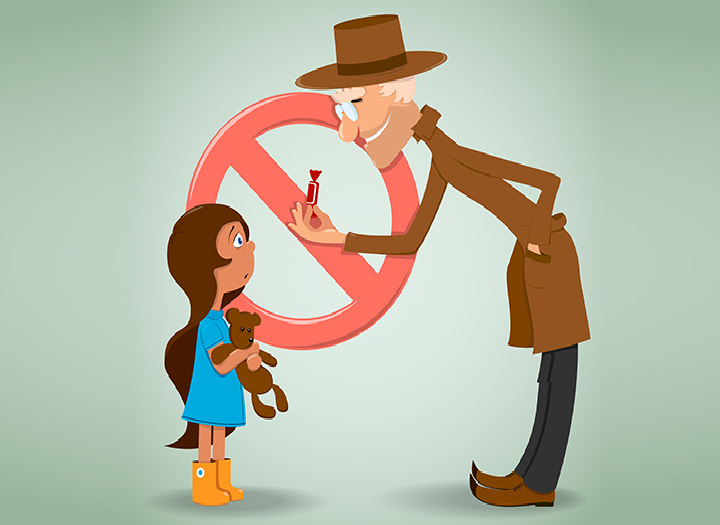5 Home Safety Rules to Teach Your Children
As a parent, keeping your kids safe is always going to be your first priority. While it’s hard to extend your protection beyond the walls of your home, you can certainly do your best to make sure your home is a safe, loving, and totally protected environment for your kids to learn and play in. But making sure your kids are safe shouldn’t just fall on your shoulders. As a parent, teaching your kids how to play and explore safely is half the battle of creating a protected home environment. So when it comes to establishing home safety rules, where should you begin? It’s up to you of course, but here are a few clear-cut rules that every parent should establish with their kids early on. For some of the best child safety tips out there, keep reading.
1. Don’t Play with Sharp Objects
For young kids and older kids alike, learning to steer clear of dangerous objects is one of the most important life lessons you can learn. Even if you’ve done your best to teach this rule to your older kids, you’ll still have to figure out how to communicate it to younger non-verbal kids before they have a chance to get ahold of unsafe objects in the home. If you’ve searched for baby gates and read every retractable baby gate review in the book, chances are you’ve already figured out how to create clear, safe boundaries for your toddler or young child. To be on the safe side, until you can verbally express that sharp or dangerous objects like knives or matches are not to be touched, keep these objects hidden from view.
2. Take All Alarms Seriously
Sometimes our alarms will go off by accident. Even though this can be an annoying fact of life, it’s also a great opportunity to teach your kids an important lesson. When an alarm goes off, it should always be taken seriously until an adult can look more deeply into the situation. That means that when a kid hears an alarm go off, they should revert to the safety routine you’ve already established with them, whether that means leaving the house and waiting at a safe distance away from the structure or calling 911. Even if you know that your alarm is going off by accident, be sure to communicate with your kids that it’s just a drill right away so that you keep communication firm and clear.
3. Don’t Run Near the Pool, or When Carrying Large Objects
Running is an unavoidable part of being a kid. As long as you teach your child to be as safe as possible while doing it, you’ll be setting up a good habit for the future. When kids are out in the world, they have lifeguards to tell them not to run near the pool. If you have a pool at home, always instruct your kids not to run near it and not to go out unless chaperoned by an adult. When it comes to running, kids should also be well aware of the ‘no running with scissors’ rule way before they set foot in school. Make it clear to your child that running with large, unwieldy, or sharp objects is to be avoided at all costs.
4. Don’t Ignore Smoke or Strange Smells
As with alarms, sometimes adults know that the source of smoke or an odd smell is nothing to worry about. When it comes to your kids, however, make sure they know never to assume that everything is benign. Especially when dealing with smoke, kids should be well aware of the ‘stop, drop, and roll’ principle and should know to leave the house at the first sign of smoke detection or the smell of gas.
5. Always Tell an Adult First
For a kid, it’s important to always have a trustworthy adult around to tell them everything’s okay in the case of an emergency. When your child is growing up, make sure they know that if anything bad or troubling should happen, they should always trust an adult to hear about it. Help your child to be honest and communicative about things they don’t feel comfortable with, and try to stress that they can always find an adult to help them out if they feel unsure or unclear about what to do next. If something happens and they don’t know where to turn, let them know that they can always pick up the phone and call you at any time no matter what.

